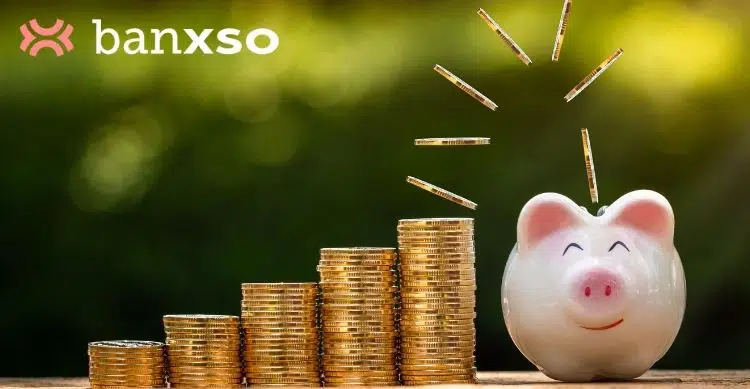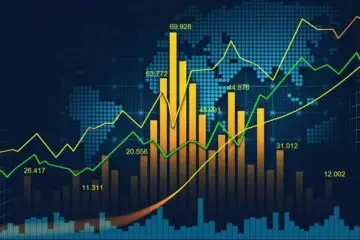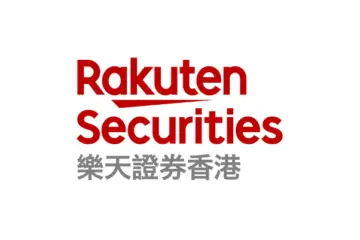Why Choose Banxso Platform to Trade Soft Commodities?

A major reason behind the financial sector’s substantial rise is diversity in financial products. The industry provides multiple assets depending on the traders’ needs and preferences. One such well-known instrument is a soft commodity, which still sparks confusion among some traders despite a global user base.
A soft commodity stands for future contracts where the principal subject is grown instead of being mined or extracted. Some of the most popular soft commodities include wheat, rice, sugar, soybeans, livestock, etc.
Also known as tropical commodities, these are among the oldest traded assets globally. Yet, despite their significant contribution to the future market, many traders still do not understand much about them.
That is why the information in this article will give you a fair understanding of soft commodities, their types, trading process, and more.
What is a Soft Commodity?
As already mentioned, a soft commodity refers to future contracts regarding a principal, which is grown. It primarily represents a set of agricultural products, considered one of the oldest traded futures in history.
The commodities are used by both farmers trying to secure future value and investors looking to generate profits. However, given the uncertainties of pathogens, weather, and other factors, soft commodities are more volatile than other alternatives.
Soft Commodities vs. Hard Commodities
Understanding the difference between soft and hard commodities is crucial as they are both the flip sides of the same coin. However, soft commodities are less defined than hard commodities, and the best way to explain them is as grown commodities. Some of its examples are cocoa, sugar, corn, canola, lumber, lean hogs, wheat, etc., – which follows a growth lifecycle ending in harvesting, followed by further processing. Contrarily, hard commodities are mined metals, like gold, silver, copper, etc., alongside energy extraction like natural gas, crude oil, etc, carried out on MT5 stock trading platforms. These commodities are also found in similar geological spaces globally, while soft commodities rely on regional climatic conditions.
Classification of Soft Commodities
Since soft commodities do not comprise a well-defined list, they have multiple classifications, and some only count agricultural commodities like grains, oilseeds, livestock, meat as soft commodities.
It leaves popular options like orange juice and cocoa out of the category, and some ventures only count sugar, cocoa, cotton, and coffee futures as soft commodities. The classification primarily depends on the trader’s understanding of the commodity and previous trends.
How to Trade Soft Commodities
Traders can adopt multiple approaches to invest in soft commodities. The simplest and most popular approach is buying future contracts. The process requires traders to purchase or sell a specific product at a fixed price and on an upcoming date. Commodities exchanges regulate these markets as they are the physical epicenters for trading.
Another way to invest in such commodities is by buying ETFs or mutual funds that focus on agricultural ventures.
How Banxso Simplifies the Process
Since the soft commodities space is highly undefined, ventures like Banxso simplify the trade with their advanced set of tools. That is why the information in this article will give you a fair understanding of soft commodities, their types, forex trading at Banxso, its process, and more.
Banxso uses its extensive market reach to incorporate highly precise data in its trading software. Moreover, the tool uses algorithms to assess the market, facilitating a profitable environment for traders.
In addition, new users can get started with Banxso without any commission, minimizing the trading cost. With Banxso, traders can make sensible trading decisions even when it comes to highly uncertain markets like soft commodities.




